One of the positive features of the CAP 2020 proposals launched by European Commissioner for Agriculture and Rural Development Phil Hogan in Brussels on 29 November is the recognition of the need to attract new farmers. Macra made a strong submission on the issue to the commissioner during the consultation earlier in the year and it is clear that some of this thinking has been adopted. The communication, the Brussels term for a white paper or proposals, identifies the main barrier to entry for young farmers which is access to land. There is a secondary problem with the wider image of farming as old-fashioned and unattractive but this is very much secondary to the land question.
How does the CAP propose to tackle the problem?
The communication passes a large part of addressing the issue on to the member states of the EU. It suggests that they can encourage generational renewal through their powers on land regulations, taxation, inheritance law and territorial planning. It also suggests the need to improve consistency between EU and national actions, but that the CAP can give flexibility to individual countries to shape schemes in a way that reflects the specific needs of young farmers.
The types of support noted include support for skills development, knowledge, innovation, business development and investment support.
A role for producer organisation is also identified in the communication.
Getting new farmers in invariably requires the exit of older farmers, which in itself would also require incentives that would encourage them to make land available to new entrants.
New business models, particularly partnerships, are identified as a means of transferring knowledge between the generations and facilitating succession planning.
The price of Brexit
This is the big question. Succession planning and getting new blood into farming is the motherhood and apple pie of farming, not just in Ireland but across Europe. Money is the lubrication that is needed to make things happen and change patterns of behaviour. In this case, money is needed at both ends – to help young farmers start and the older farmers to plan an exit.
National governments always have to deal with conflicting priorities in their budgets and heading into CAP 2020 there is huge uncertainty with Brexit. The departure of the UK created an approximately €10bn gap in the EU budget. With the CAP accounting for 38% of the total EU budget, this means there is a €4bn deficit unless the remaining member states decide to make up the shortfall. Along with other EU commitments that are envisaged on refugees and defence, it is likely that CAP 2020 will be under budgetary pressure.
There are plenty of young farmers in Ireland and across the EU keen to get into farming. Access to land is the main barrier to entry and to change this, investment is required. It is an investment that is necessary to secure farming for future generations.



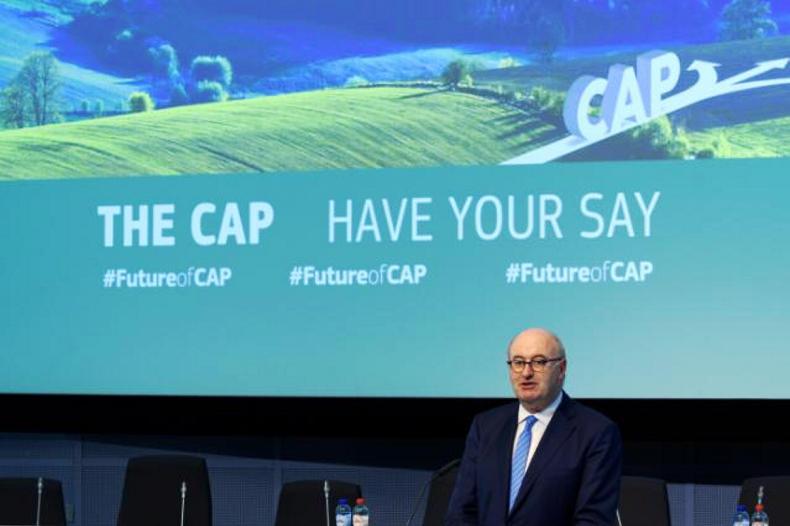

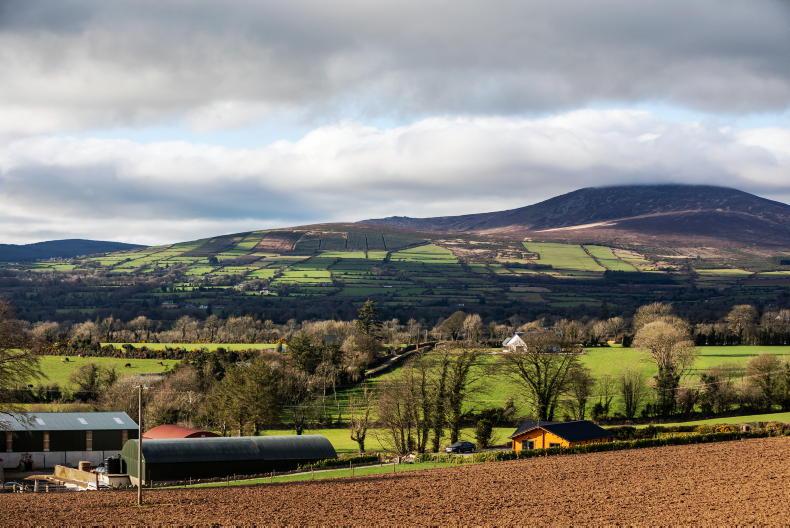

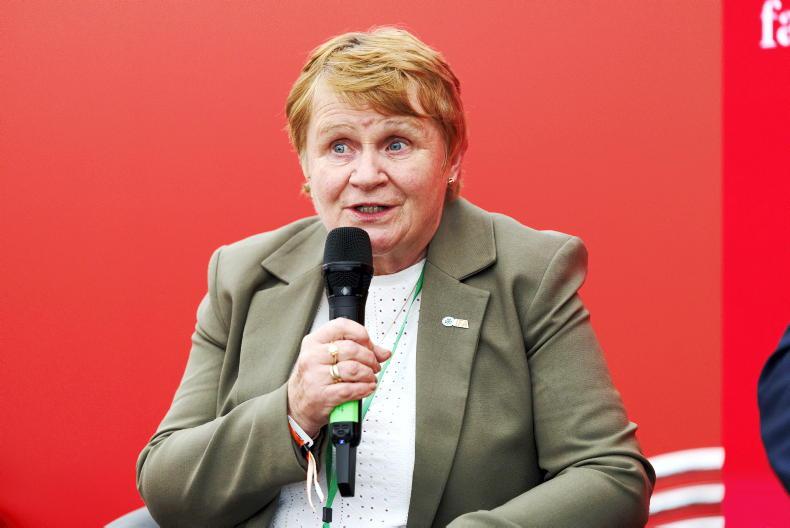
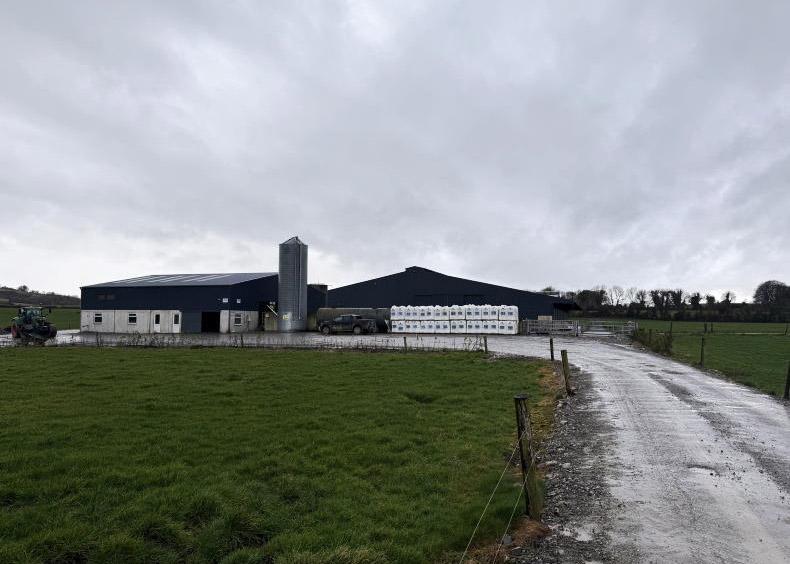
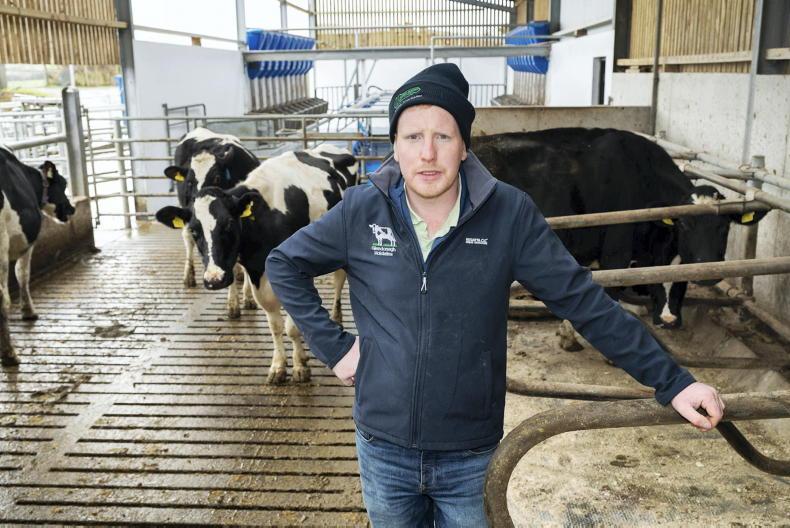
SHARING OPTIONS